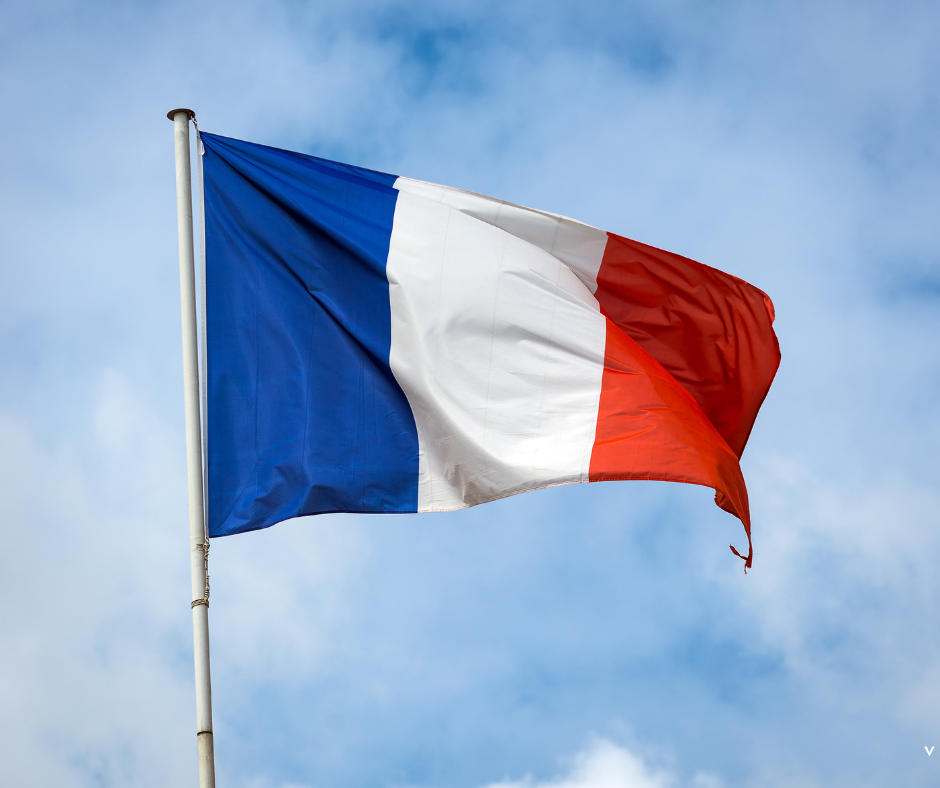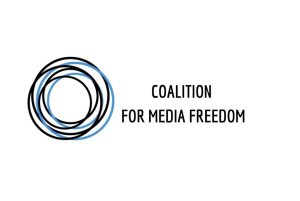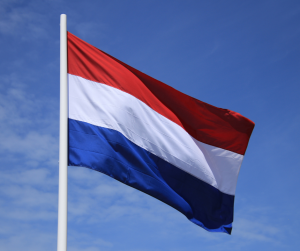On 7 January 2015, 10 staff members of French satirical magazine Charlie Hebdo were killed in their newsroom by two terrorists. The International and European Federations of Journalists (IFJ/EFJ) join their French affiliates (SNJ, SNJ-CGT, Force ouvrière and CFDT-journalistes) in commemorating the 10th anniversary of Charlie Hebdo’s massacre and insisting on adopting global binding instruments to protect journalists.
The victims were killed when hooded gunmen attacked the offices of Charlie Hebdo in Paris. Stephanie Charbonnier, also known as ‘Charb‘ was the title’s director. Cartoonists Jean Cabut aka Cabu, Bernard Verlhac aka Tignous, Philippe Honoré and Georges Wolinski were also killed together with the economist and journalist Bernard Maris, contributor Elsa Cayat, editor Mustapha Ourrad, protection officer Franck Brinsolaro and guest editor Michel Renaud. Police officer Ahmed Merabet and Fréderic Boisseau, a facilities maintenance worker were also killed.
IFJ President Dominique Pradalié said: “Ten years on, ‘we are still Charlie’. But the political and media landscape has changed a lot, and not for the better. The hypocrisy of some governments, who claimed at the time to support freedom of the press, has come to light. A war, more or less open, is being waged everywhere against the freedom of journalists, starting with the apparently targeted assassinations in Gaza. Never before has the IFJ had to deplore so many colleagues killed around the world. The United Nations must do more to protect them by adopting the IFJ Convention against impunity for killers and their masterminds.”
“The Charlie Hebdo massacre ushered in a decade of press freedom regression in every corner of Europe, and this trend shows no sign of stopping with the collusion of the world’s richest man, Elon Musk, with the president of the world’s greatest power, Donald Trump,” added EFJ President Maja Sever. “Now, more than ever, is the time for mobilization and resistance. In memory of those who lost their lives 10 years ago for fully exercising press freedom”.
Source: EFJ




